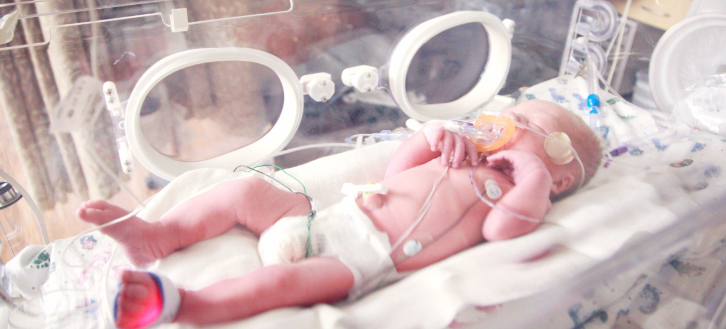Photo Credit: Wildpixel
Patients with inflammatory bowel diseases often experience insomnia and various mental health conditions that healthcare providers should monitor.
Insomnia is a prevalent issue among individuals with inflammatory bowel disease (IBD)—specifically patients with Crohn’s disease—that significantly impacts their quality of life and overall health outcomes, according to study findings published online in Intestinal Research.
“Abdominal pain and mental health conditions should prompt consideration for screening for insomnia and referral for cognitive behavioral therapy for insomnia,” Alex Barnes, MD, FRACP, MPH, and colleagues wrote.
Insomnia Identification in IBD
Dr. Barnes and his team used an online questionnaire distributed through tertiary IBD centers, social media, and Crohn’s Colitis Australia. The questionnaire included the Insomnia Severity Index (ISI), a validated assessment of insomnia, as well as measures of anxiety, depression, physical activity, and disability. The researchers assessed IBD activity using validated patient-reported scores. The study included a cohort of 670 respondents, with a median age of 41 years; the majority were female (78.4%). The study authors noted that most respondents had Crohn’s disease (CD) with a mean disease duration of 11.9 years.
According to the research findings, increasing disability was associated with worse insomnia scores, highlighting the impact of insomnia on IBD-related disability. Clinically significant insomnia was associated with clinically active IBD, abdominal pain, anxiety, and depression in a multivariate model. Components of the Simple Clinical Colitis Activity Index related to general well-being and urgency were associated with worse ISI scores for patients with ulcerative colitis, and researchers included the Harvey Bradshaw Index score in the multivariate model for patients with CD.
The study authors also found that insomnia was prevalent in the IBD population; more than 60% of respondents met the criteria for clinically significant insomnia and at least a third experienced moderate insomnia. These findings suggest that insomnia is a common issue among individuals with IBD and is associated with increased disability, clinically active IBD, and mental health conditions such as depression and anxiety.
Overall, Dr. Barnes and his team concluded that insomnia is prevalent and associated with increased disability, clinically active IBD, and mental health conditions among individuals with IBD. Mood disorders and abdominal pain may represent potential targets for insomnia treatment in individuals with IBD, highlighting the importance of screening for insomnia and referral for cognitive behavioral therapy for insomnia in this population.
Higher Rates of Mental Health Disease in IBD
Recent studies have revealed that nearly 1 in 5 individuals with IBD also suffer from depression or anxiety, which may even predict the severity of the disease, according to Jack Mcnamara, MBBS, and colleagues. Their study aimed to investigate the burden of Mental Health Issues (MHI) in patients with IBD and to analyze the real-world differences in screening and care across various sites and care settings.
The study team collected deidentified data from routine care encounters in the Crohn’s Colitis Care’s clinical quality registry. Of note, mental health data were gathered from routine care documentation or through patient consumer completion of embedded questionnaires, such as the Depression Anxiety and Stress Scale 21 and the Kessler Psychological Distress Scale.
The study examined 6,614 individuals with IBD, with a mean age of 44.4 years and an even gender distribution. Most were from Australia (79.5%) and the rest from New Zealand. CD was the most common type (57.1%), followed by ulcerative colitis (UC) (40.4%) and IBDU (2.5%). Anxiety was the fourth most common comorbidity (17.8%), followed by depression (13.7%) and both depression and anxiety (9.1%).
Overall, Dr. Mcnamara’s team found 40.8% of individuals with IBD had received a formal diagnosis of an MHI.
“Individuals with IBD suffer from high rates of MHIs, with those suffering more severe disease phenotypes scoring worse on mental health assessment tools,” the study authors concluded. “Despite the availability of screening and monitoring tools, healthcare providers use these variably and insufficiently.”



















Create Post
Twitter/X Preview
Logout